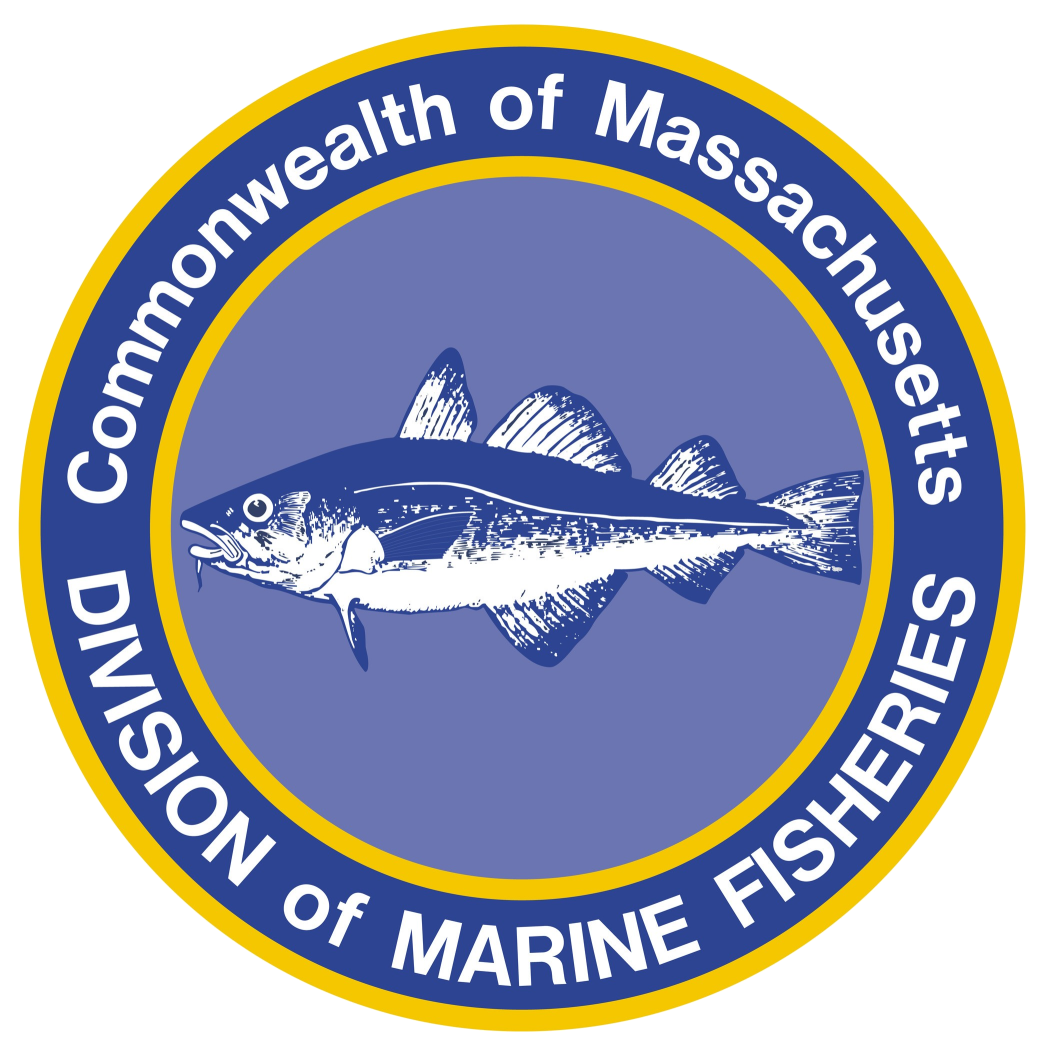- Division of Marine Fisheries
On June 10, the Commonwealth said goodbye to one of its three appointed members to the New England Fishery Management Council, Dr. Michael Sissenwine. Dr. Sissenwine has been a longstanding contributor to the Council process, terming out of his seat after nine full years in service. His departure opens a seat for which the Commonwealth has recommended several excellent candidates–we should hear from the Secretary of Commerce on her appointment sometime this summer. Transitions such as these offer a time for contemplation and so we asked Mike to reflect on his time at the New England Council:
“Nine years as a Council member seems to have flown by, which is indicative of positive experience overall. If I include my years as a Scientific and Statistical Committee member, the Council has been a substantial part of my professional life for more than a decade. I will miss the stimulation of working on important challenges and emerging opportunities to improve performance of fishery management in terms of stewardship and livelihoods. During this decade, I have participated in processes that have led to adoption of a risk policy, various issues concerning at sea monitoring of fisheries, international negotiations to gain a foothold for a US fishery off the Grand Banks of Canada, continuing refinement of rotational area management of sea scallops, development of Ecosystem Based Fishery Management, scientific debates about the implications of climate change on the Maximum Sustainable Yield paradigm that underpins the legal framework for fisheries management, and countless specifications to operationalize existing Fishery Management Plans (FMPs) for dozens of fish stocks.
FMP specifications are the Council’s ‘meat and potatoes’. They are demanding and time consuming, and it is where stakeholders are most engaged. Nevertheless, I think it is important that significant energy and resources be invested in development of new approaches to improve current processes and address emerging challenges.
I want to share one more observation from my experience as a Council member. It is about participants (Council members, staff, meeting attendees and other stakeholders) in the Council process. I have been extremely impressed by their capability, objectivity, professionalism and collegiality. This wasn’t my experience decades ago as a young scientist involved in the early days of the Council. I think this evolution in participants is reflected in the performance of the Council when it comes to adhering to scientific advice and the law, and preventing overfishing. As a Council member I have established many friendships that I hope to maintain.”
Dr. Sissenwine’s parting words about process improvement and emerging issues are no small part of the leadership he provided over the years. Mike’s missives, often coming on the heels of Council debates and decisions, challenged his colleagues to concern themselves with collective problems that often necessitate longer-term strategic thinking; the type of work that exists beyond the day-to-day more reactive effort that can swallow up creative and hopefully more successful fisheries management.
DMF thanks Dr. Sissenwine for all his work on behalf of our New England fisheries, and wishes him smooth sailing!
